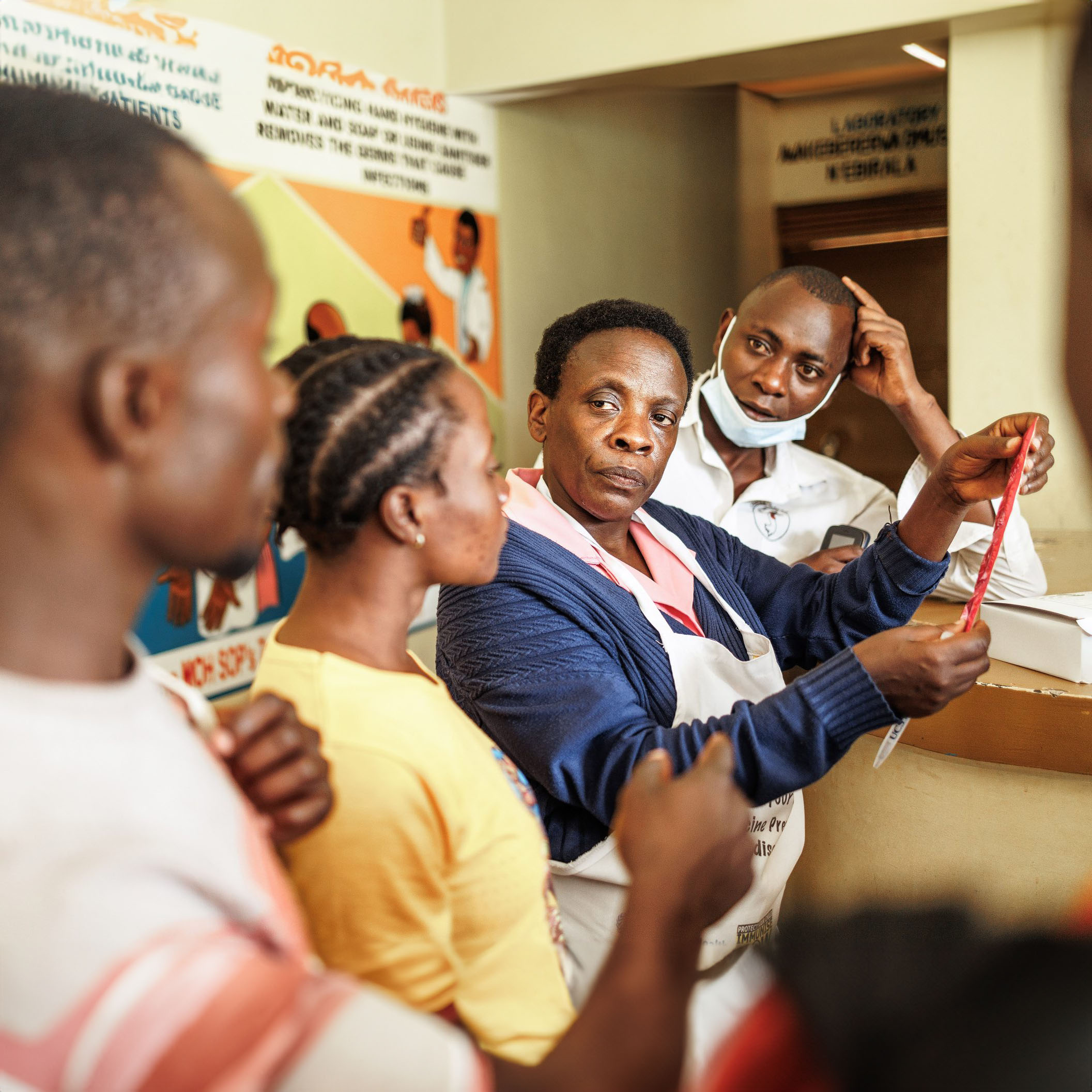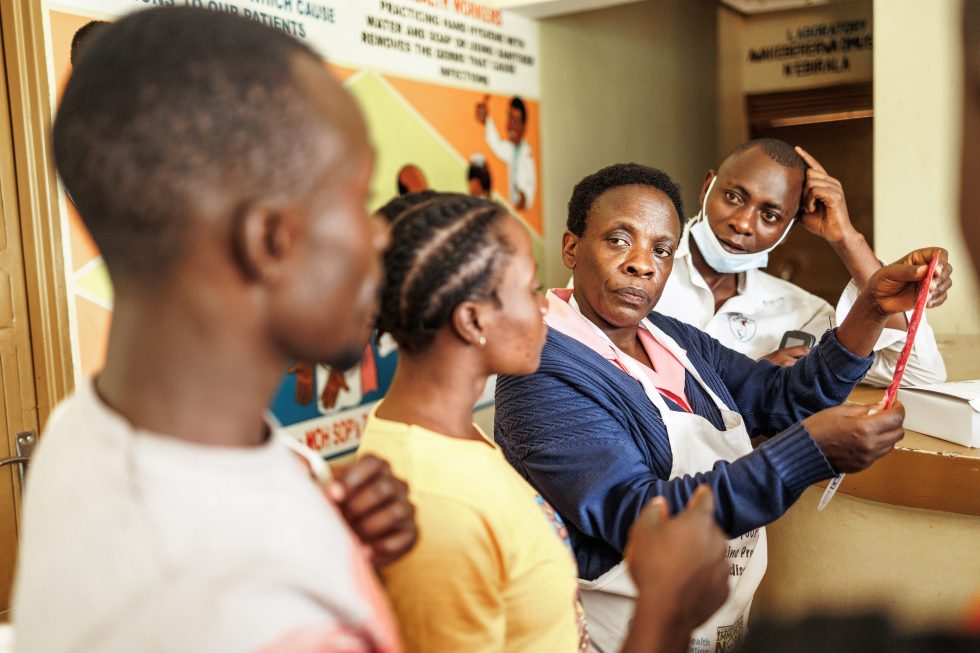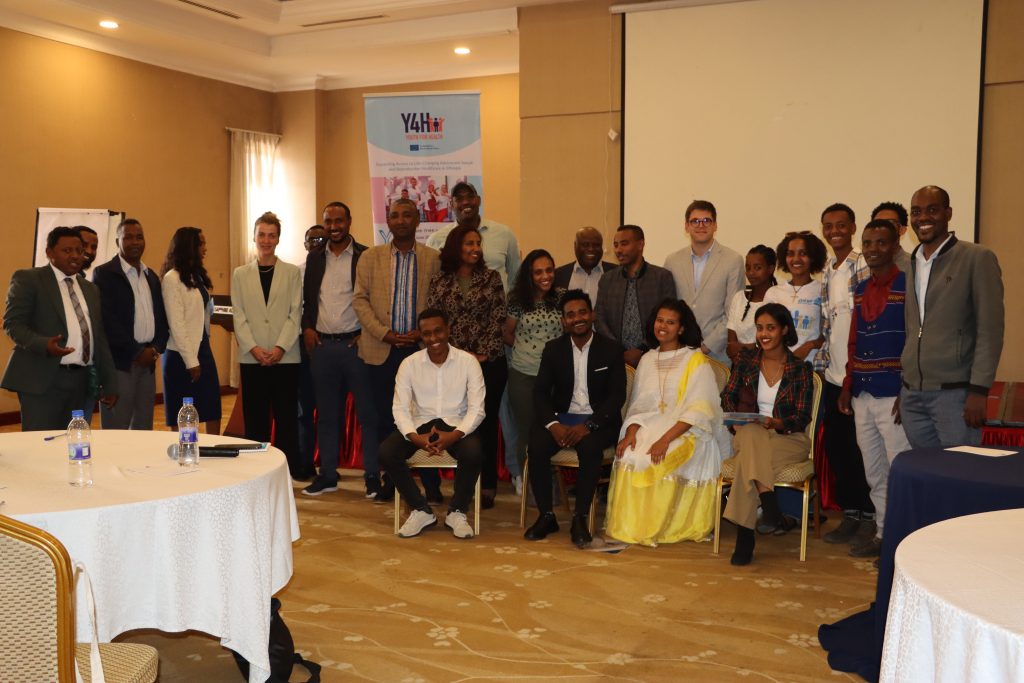

Time for major economies to step up for global SRHR: an urgend appeal
In a world where everyone’s Sexual and Reproductive Health and Rights (SRHR) are respected and promoted, we see a brighter future—greater gender equality, more prosperity and crucially, lives saved. Yet, major global economies, also those that champion SRHR and gender equality in their external policies, including the EU, are alarmingly falling short in financial contributions towards these essential rights. As the new Donors Delivering for SRHR Report reveals, many larger donors should follow the example of some smaller economies who clearly prioritise SRHR.
The UN’s alarming data reveals that nearly 287,000 women died from pregnancy- or childbirth-related complications in 2020. Notably, 70% of these tragedies happened in sub-Saharan Africa. Imagine a world where these women had autonomy over their reproductive choices, access to modern contraceptives, and adequate prenatal and postnatal care. This isn’t just a utopia—it’s an achievable reality with the right global investment in SRHR.
The Funding Gap
While global recognition of SRHR’s role in sustainable development and human rights grows, a worrying disconnect remains: The rhetoric of commitment from important donor countries and the tangible financial support are not always aligned. Our data highlight that the EU and several European nations are notably underperforming, a critical concern our Brussels office raises time and again.
The Champions and the Underperformers
Let’s take Sweden—a historically strong supporter of SRHR. It’s setting the bar high by consistently allocating over 5% of its Official Development Assistance (ODA) to SRHR, with a positive impact on low and middle-income countries. This is the 4th largest share of ODA of any comparable donor country allocated to SRHR in 2021. When comparing SRHR funding with donors’ gross national income, Sweden even leads the international ranking. It remains to be seen, of course, if Sweden’s decision to abandon its groundbreaking feminist foreign policy in 2022, will impact the country’s commitment to SRHR in its external action. Then there’s the all-time champion, the US, contributing over half of the global total SRHR ODA funding in 2021, allocating more than 16% of its development cooperation budget to SRHR-related matters, with a big focus on sexually transmitted disease control including HIV & Aids. Smaller economies like Luxembourg and Iceland, though understandably disbursing smaller total amounts, maintained a commendable commitment to SRHR.
However, not all the big players are on board. France, Germany, Italy, Spain, and EU institutions lag, allocating between 1.7 and 2.6% of their ODA for SRHR. This discrepancy becomes more striking when considering SRHR funds in proportion to donor countries’ gross national income. Germany, for example, ranks second behind the US in terms of absolute funding to SRHR in global comparison, yet only 15th when this SRHR funding is assessed as percentage of Germany’s total ODA. Our DSW colleagues in Germany are closely working with German decision makers to raise awareness of the great benefits of investing in SRHR, including access to modern contraceptives. Germany’s new feminist foreign policy adopted in March this year gives reason to hope that Germany will put greater emphasis on this powerful changemaker topic, by prioritising SRHR as part of its development cooperation.
The European Paradox
The EU Institutions, despite repeatedly committing to fostering SRHR in their external action, have directed a meagre 1.76% of their ODA spending towards SRHR in 2021. A startling disparity, considering several important policies the EU put in place to guide its development cooperation, such as the Gender Action Plan III, the Youth Action Plan, and the new EU Global Health Strategy, all of which confirm the important role of SRHR for advancements in these areas.
Time for Tangible Action
Given ongoing challenges like the global backsliding of women’s reproductive rights, prioritising and investing in SRHR has never been more crucial. The EU must bridge the gap between policy rhetoric and financial disbursements. The world needs them to translate their commitments into concrete action. It’s not just a moral responsibility but also a pathway to achieving the global Sustainable Development Goals. Change is necessary, and it’s urgent. Our appeal is for global leaders to step up and support the cause that could bring about transformative change in our societies. The clock is ticking. Will they rise to the challenge?
Read DSW’s Donors Delivering for SRHR 2023 Report.
Have a look at the Executive Summary of the Report.
This article was authored by DSW’s Head of Brussels Office and Head of EU Advocacy Unit, Lisa Goerlitz.
Photo: ©DSW/Jjumba Martin

